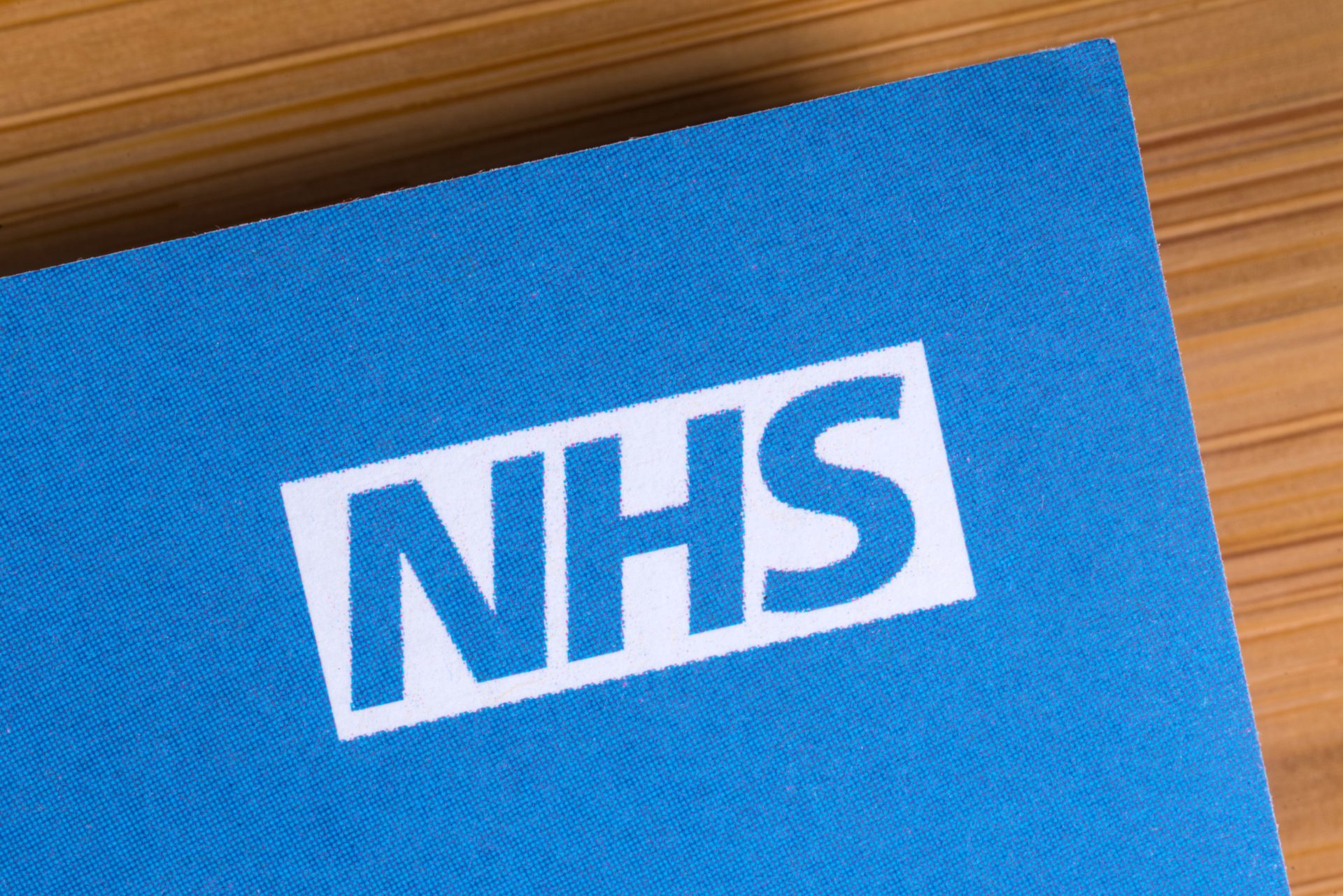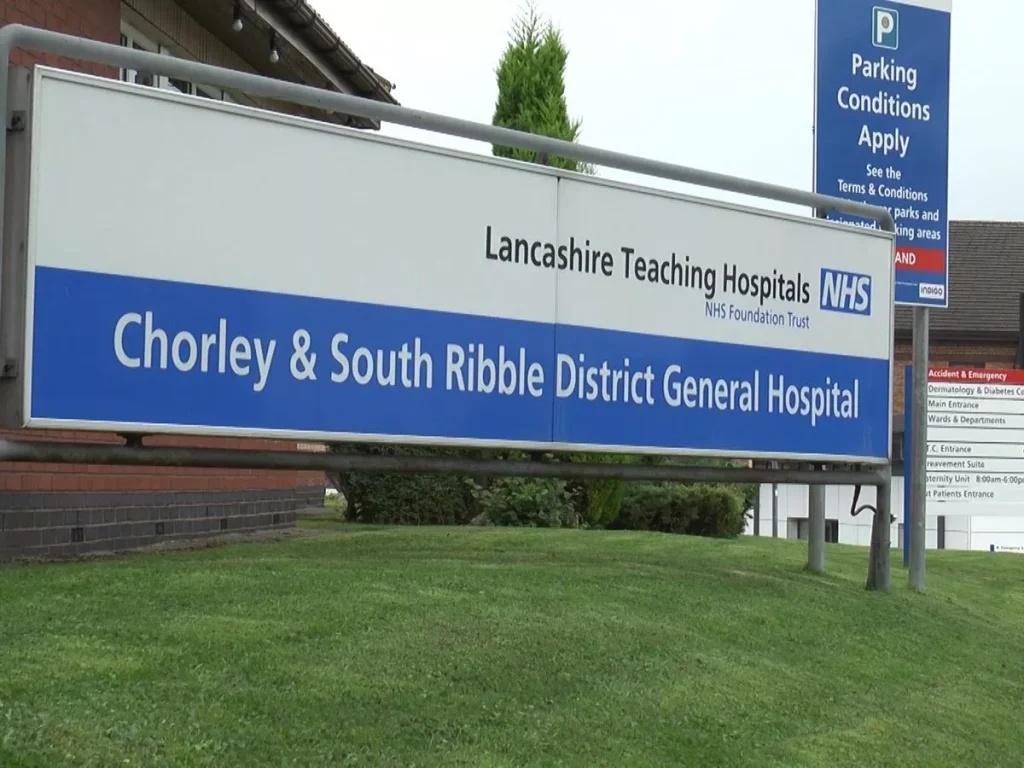Excellent experience start to finish – always very responsive to any queries and the turnaround on the property I was buying was very quick, even in the busy time leading up to stamp duty deadline. Jenny was always very helpful and went above and beyond to close on a short timescale.
Edward Moss – solicitor – discusses the pressures on the NHS
Recent press coverage has again showed that the NHS is struggling to cope with the pressures currently being placed upon it. Despite the NHS’s budget being ring-fenced from spending cuts, NHS Trusts in England has been unable to control its spending and has overspent its budget by approximately £2.45bn in the financial year to March 2016.
The NHS’s budget deficit is now around three times larger than the previous year’s deficit and there are concerns that the problem will get worse rather than better. According to NHS England the reason for such a large overspent last year was largely caused by individual hospitals running huge budget deficits.
It is difficult to see how this situation will improve in the coming years especially with the Government’s current plans to introduce a truly seven day health service. It is hard to see how hospitals will be able to reduce their spending in the next few years and continue to offer the current services.
The budget deficit is having a knock on effect throughout the NHS and this is starting to affect the services that members of the public receive. In April this year staff shortages at Chorley Hospital led to the Accident and Emergency Department closing down and the Hospital being downgraded to an urgent care service.
The problems at Chorley Hospital stemmed from a Government policy to try to deal with the budget overspend. In 2015 the Government announced that it would introduce a cap on how much hospitals could pay agency staff as it felt that the increasing costs of agency workers was causing the large increases in individual hospital’s spending. However, as hospitals in England are struggling to retain and recruit permanent members of staff they often need to look to agencies to ensure they can provide adequate care. This has resulted in hospitals hiring more and more agency workers to cover the required shifts but these agency workers are often more expensive and place an increased strain on already tight budgets.
NHS England, therefore, currently finds itself in somewhat of a catch-22 situation. There are not enough permanent doctors and nurses to maintain services; however, there is not enough money in the budget to hire agency workers to ensure that services remain open.
The closure of Chorley Hospital’s A&E unit has, understandably, had a knock on effect to other hospitals in the surrounding area. Wigan Hospital has reported a four-fold increase in people attending its A&E from the Chorley area. Wrightington, Wigan and Leigh NHS Foundation Trust, which runs Wigan Hospital, stated 260 additional patients had been treated at Wigan since the Chorley service was downgraded in a two month period. As a result it has warned the public not to visit Wigan’s A&E department unless they had a life threatening emergency.
Chorley’s A&E department is expected to reopen in August; however, the hospital only appears to have hired one additional doctor (it has increased the number for doctors from eight to nine, but it currently requires the 14 needed to run the A&E department). However, recruitment is underway and it is planning to reopen its A&E department by the end of August. However, the Trust which runs the hospital said there were ‘no guarantees’ that it would reopen by that date.
In addition there is a general feeling that NHS England cannot cope and patients will suffer as a result. Since the Government introduced the four-hour target for waiting times in A&E departments in 2004, four of the five worst months have been recorded in the first four months of this year.
With these added pressures on the NHS it seems likely that the treatment patients receive will suffer. As we explained in a previous article, it appears that the number of Never Events (a serious incident affecting a patient that is wholly avoidable) have risen in recent years.
Analysis carried out by the BBC in 2013 showed that in the period 2009 to 2012 there were 762 Never Events. However, in the past four years there have been over 1,100. Although the most recent figures are still provisional it appears that the number of Never Events has increased.
Another example of the funding pressures on the NHS and how it affects patients was highlighted by a senior coroner earlier this year. Andrew Walker said that there appeared to be a financial reason for a hospital favouring a natural birth over a more costly caesarean in a delivery in June 2015. This decision caused a baby to have severe brain damage and tragically the baby died five days after being born. The decision of hospitals to not perform caesareans due to the added costs of the procedure rather than the needs of the mother and baby is putting lives at risk.
If you or someone you know has received medical treatment that has resulted in you suffering an injury please contact us on 0161 832 3304.


